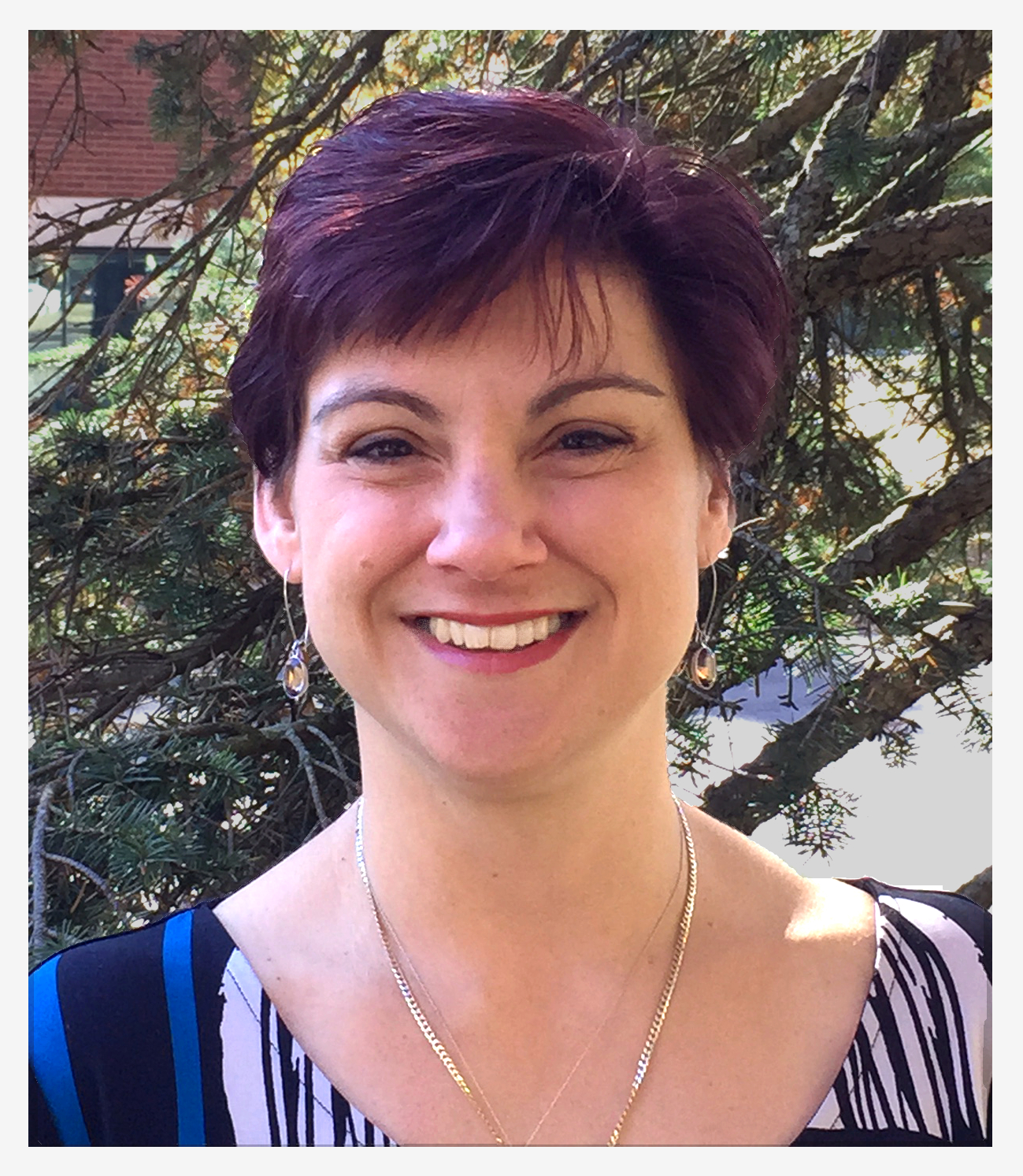
Make Your New Year's Goal Smart
12/21/2020
I believe it is safe to say that the year 2020 was unlike any other. Unfortunately, 2021 is going to start off in a similar fashion. Many of us make New Year's resolutions with the hope that we will lose weight, budget our money, or even find a better job. As we continue with the pandemic, and many people still out of work, will our resolutions be the same as years past?
Read More: Set Yourself Up For Success This New Year
I believe we should not use the word resolution. I prefer the word, goal. I have seen many people set resolutions and even goals at the beginning of the year, only to have forgotten about them by March. If we set an attainable goal for our financial life, it may be the motivation we need to get through the next year. During 2020, a spotlight was shone on emergency savings accounts. Emergency savings was something that financial educators have been emphasizing the importance of for many years. Many people saw the need for the savings in 2020. It could have been due to the loss of a job, the purchase of a computer to work from home or a child to have remote access to school, we even saw increased prices on items such as paper goods and cleaning supplies. I recommend that the number one financial goal for most people should be to establish an emergency savings.
The best way to establish this goal is by making it a S.M.A.R.T goal. The acronym stands for specific, measurable, attainable, realistic, and time-bound. There are some great on-line templates to use, so that you can visualize your goal. Essentially, your goal should be something you can actually accomplish. If we look at the emergency savings, make sure the amount you wish to save is attainable. I might decide to save $20,000 in one year. I can assure you that unless I do not plan to feed my family for the year, there is no way I am saving $20,000. By establishing an amount so high, I have set myself up to fail.
Read More: How To Make Your SMART Goals, SMARTER
You may also want to establish a series of small goals. I am not a big fan of going out into the community right now. Not only is it a safety concern, it is also the pandemic pounds I have gained. My first goal may be to leave the house, go to the bank and establish the savings account. My next goal may be calling my human resources department and not only requesting, but actually filling out the form to have $20 per pay period put into my new account.
Some other goals may be to get your credit card debt under control. Many people relied on credit cards to get through the lean times. A recent statistic indicated that credit card use to pay rent has increased by 80% in 2020. You may also be in a forbearance or some sort of moratorium due to Covid-19. If this is the case, perhaps a goal would be to start to become financially aware of how you will bring mortgages, rent or utilities current.
Listen to our Podcast:
I have spoken with many people who have been financially devastated in 2020. They all had one thing in common in that they had no idea that there was help available. As we say goodbye to one of the most trying years many of us have ever had, I wish for all of you that are experiencing financial stress, whether it be housing, credit cards, student loans or just overall financial stress, that you know help is a phone call away. Please call us at 1-800-992-4557 to speak with a certified credit counselor.

Kim Cole is the Education Outreach Coordinator for Navicore Solutions. Kim provides financial education workshops and seminars to communities. Readers can submit general questions relating to personal finance, credit scoring, debt management, student loans, home finance or bankruptcy which may be highlighted in the next month's edition. All identifying information will be kept anonymous.
Please send your questions via email to DearKim@navicoresolutions.org
